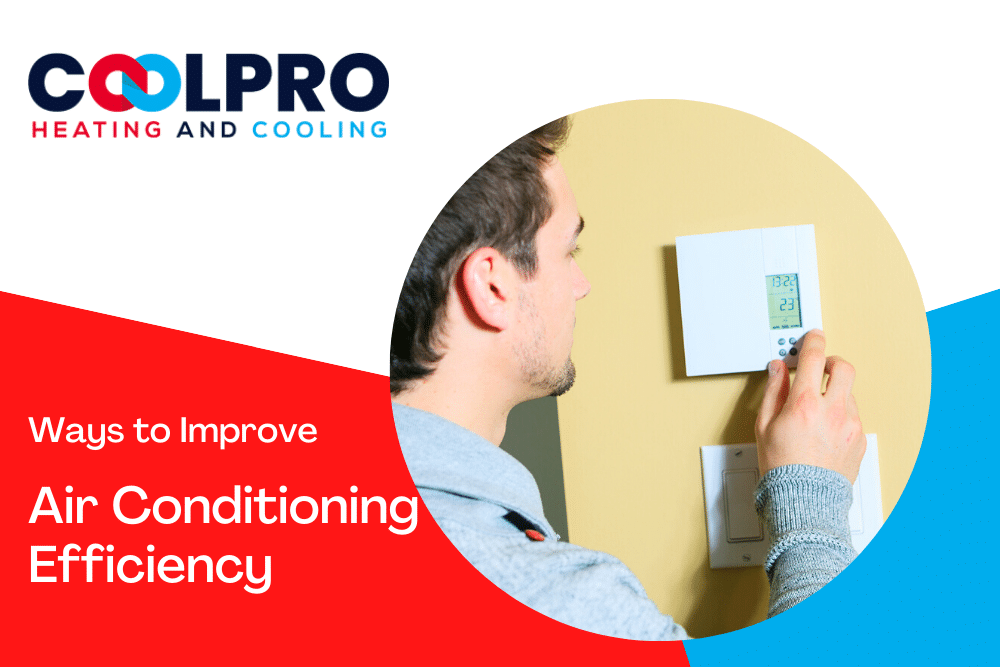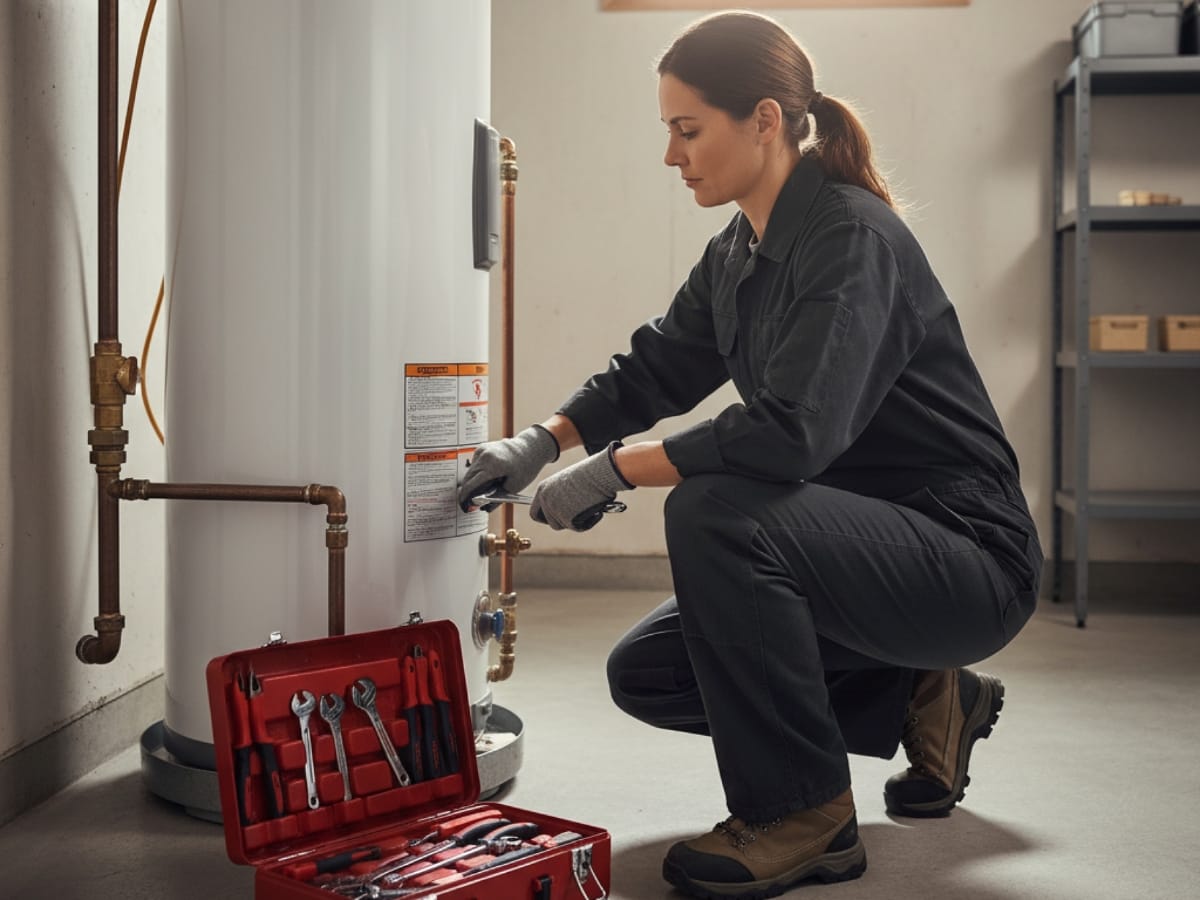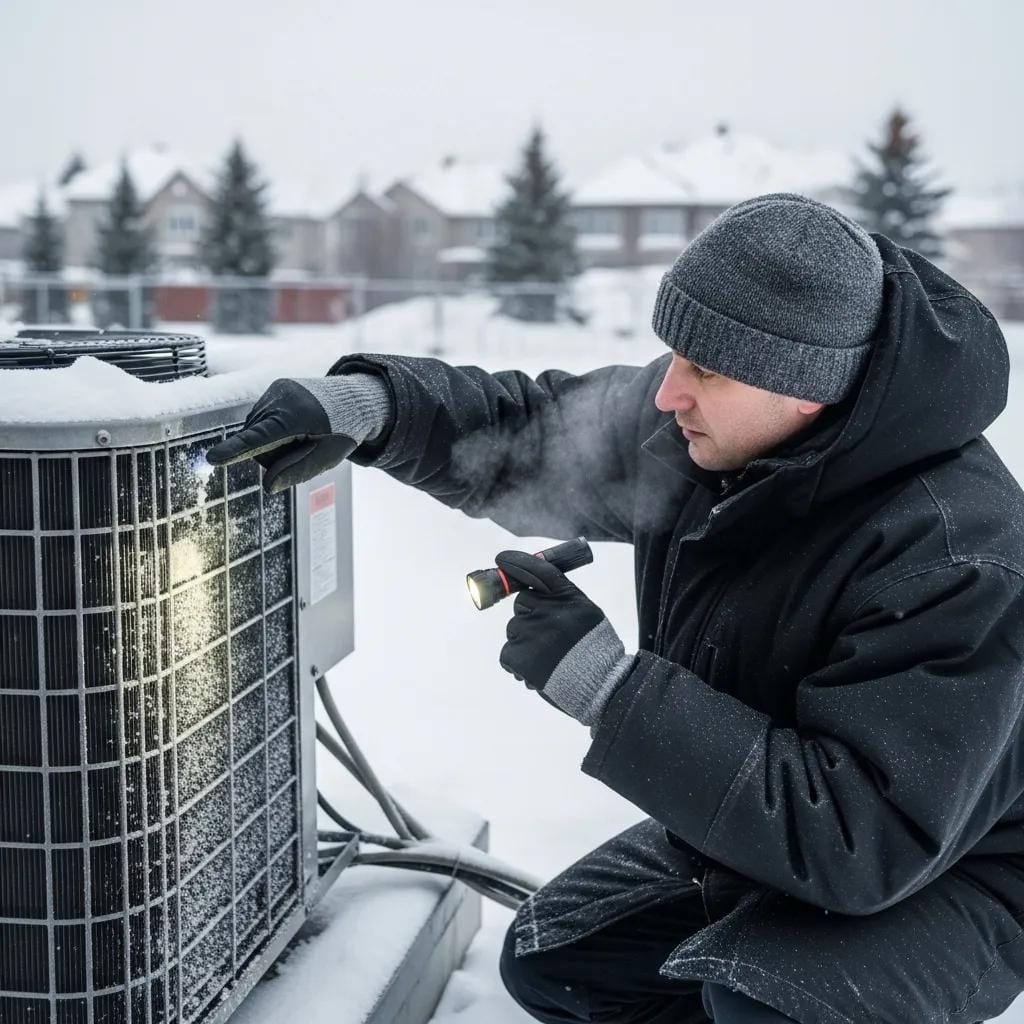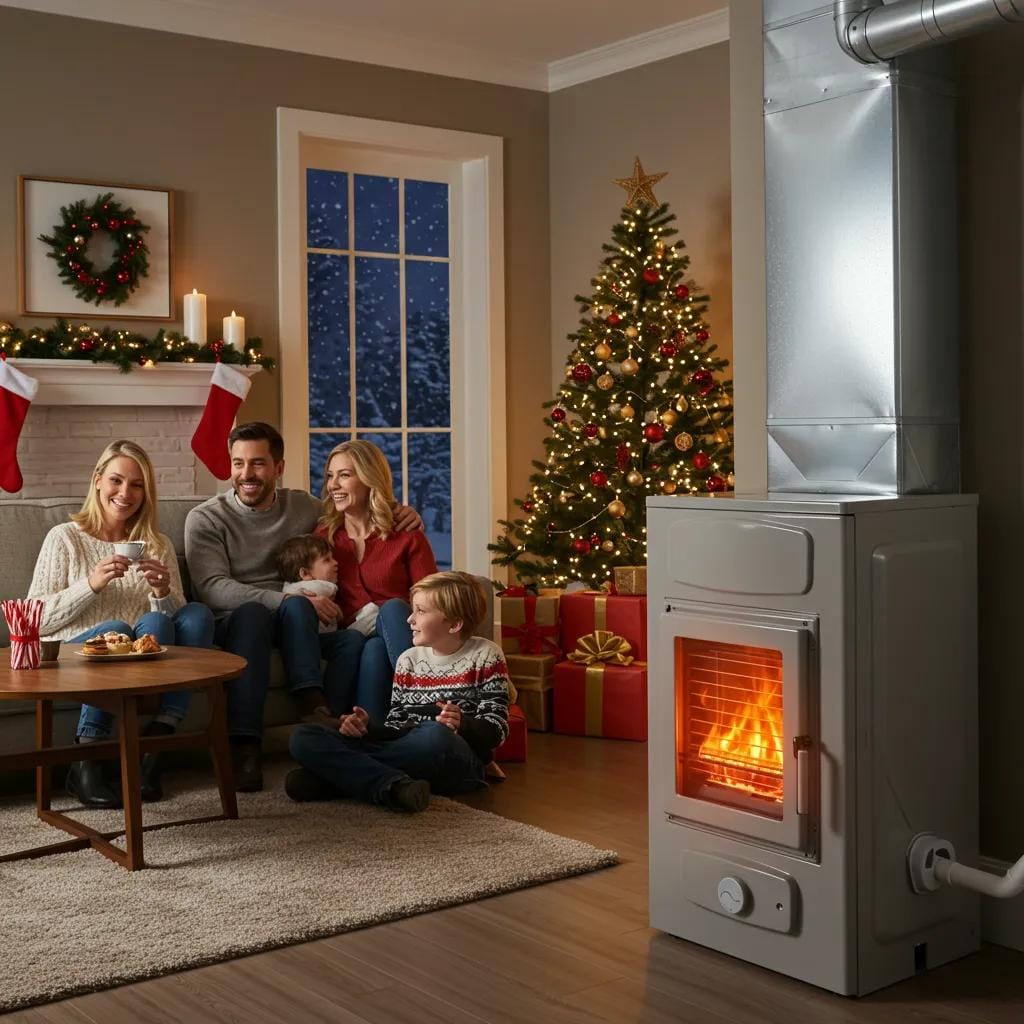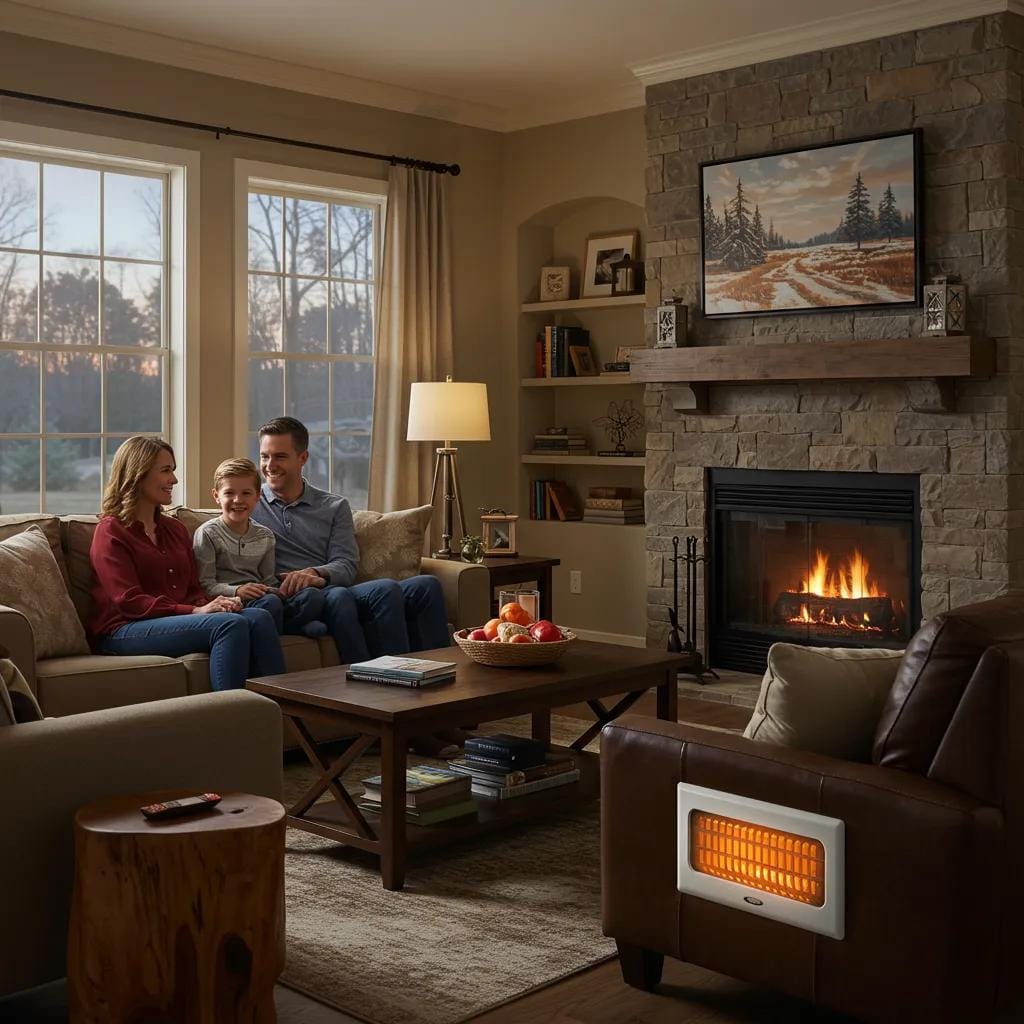As the weather heats up, humidity is also slowly bothering individuals who typically spend time inside their homes. The last resort to ensure comfort during this hot weather is to take measures to improve air conditioning efficiency with your air conditioning system.
Air conditioning systems may not perform to their peak efficiency in some cases. The following signs may indicate that your air conditioner is experiencing some problems.
Signs of Air Conditioning Inefficiency
A Strange Sound
If you have owned an air conditioner before, you may be familiar with its buzzing sound. However, if your unit suffers from a strange or disturbing sound, there might be a problem going on inside the machine itself.
You might want to check whether it needs to be cleaned or repaired as soon as possible to avoid further problems.
Experiencing Higher Bills
During the summer, electric bills may spike excessively and you may not be making any changes to your consumption so there might be a problem with your air conditioning system. Less efficient air conditioners are more likely to use more energy.
Frequent Cycling.
Similarly to computers, ACs have a thermostat that is the “brain” of the whole unit. Frequent cycling could be due to a malfunctioning thermostat. You should seek professional help if your air conditioner is experiencing frequent cycling. It is better to address the main problem.
Tips to Improve AC Efficiency
You can optimize your air conditioner’s efficiency in several ways that will cost you NOTHING!
● Thermostats should be kept away from heating appliances. Placing your thermostat near an object that produces heat will cause your air conditioner to increase its cooling level, which will increase your electric bill.
● You should keep your windows closed. At peak hours, sun rays can penetrate your windows and reduce the efficiency of your air conditioner. Sunrays are effective at warming the room, making the AC release more energy.
● Increase your thermostat a few degrees. There are programmable thermostats available on the market. If you have a manual thermostat, raising the temperature five or eight degrees will save you money and energy. The air conditioner should be kept at a higher temperature in the summer and lowered in the winter. Be careful not to set the thermostat below 70 degrees because it will freeze the whole unit, not cooling it as quickly and causing more problems.
● Your condenser unit needs to be cleaned outside. When your air conditioner isn’t cooling enough, this is the most important thing to check. A condenser that’s clean and free from debris will improve the efficiency of your air conditioning. Make sure nothing clings to it, such as leaves, bushes, or dirt, as even small debris can cause significant problems. The condenser might be particularly sensitive; that’s why professional ensure a dust-free condenser.
● Make sure vents aren’t blocked. Keep the vents clean to increase the efficiency of your air conditioner, as this will allow steady airflow from your system. Also, keep curtains and other hanging supplies away from the vents.
● Make sure your drain line is clean. Maintaining your drain line can improve air conditioning efficiency. If there is water in your drain line, it can cause severe problems for your air conditioning system. Professionals recommend pouring chlorine mixed with water on your drain line to ensure a clear line throughout the summer.
●Replace your AC filter regularly. Filters that are clogged with dirt not only affect the quality of the air produced, but they can reduce airflow, resulting in higher energy consumption. It is the easiest way to increase air conditioning efficiency, and might be the key reason why your AC is not cooling enough. If you do not clean and maintain your AC filter, the costs of future repairs might increase.
● Reducing air leakage in your home saves money and energy. A leakage from walls, windows, or even opened doors can cause a major problem for your AC unit. If the coolness in your home is lost, the operating unit of the AC will work longer than usual. Typically, the temperature difference between indoors and outdoors is 20 degrees. That’s why when doors and windows are opened, AC units may be unable to keep up with the demand.
● Maintenance should be scheduled regularly. Keeping your appliances maintained will ensure they last longer, since it helps prevent major problems by addressing minor problems before they even become bigger ones. Your air conditioner will operate more efficiently when it’s regularly maintained.
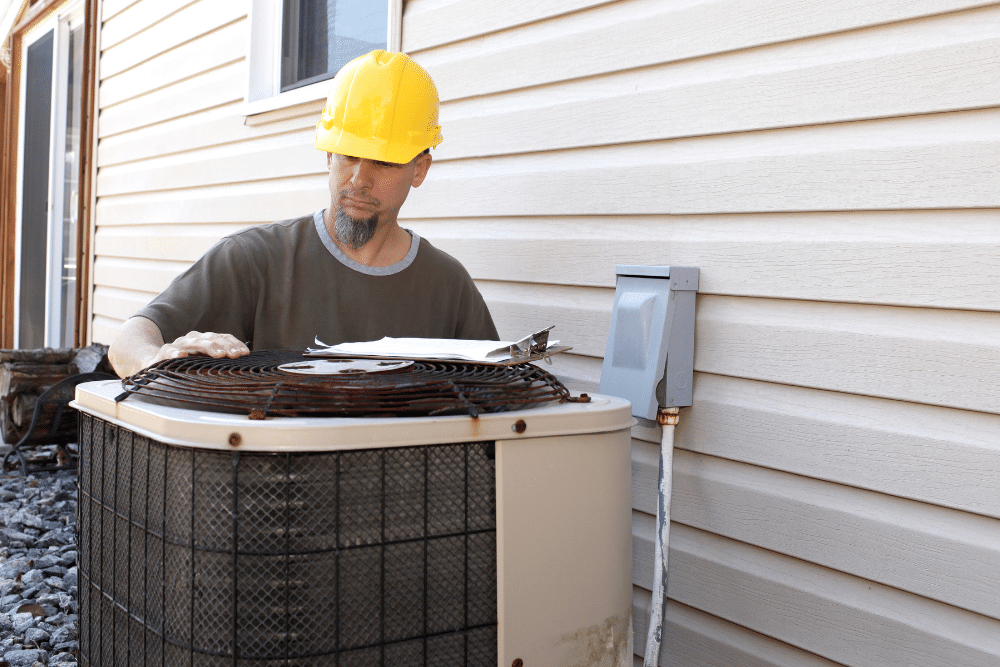
Benefits Of Checking Your AC Efficiency
You can improve your AC efficiency by checking it regularly. It may take a lot of effort, but the benefits are well worth it, especially during hot seasons. Some of the benefits are:
● Superb Performance. Just like humans, when you take good care of appliance, you can expect an improvement in their performance. “What you see is what you get” is usually the case when air conditioner efficiency is at its peak.
●Longer life span. Air conditioning units have a lifespan of at least 10-12 years for older units and 15-20 years for modern units, depending on how they are maintained. The lifespan of your AC unit can be extended if you optimize its efficiency, saving you money.
●Lesser electric bill. Modern air conditioning units have a new feature where it uses less energy. It has a regulator inside the unit which allows energy use to be reduced by 40-70%. In the long run, it creates a lower electric bill while still enjoying the benefits of a modern AC unit.
● Environmentally friendly. A/C isn’t as energy-intensive as it used to be, but there are still many factors to consider when choosing an eco-friendly air conditioner.

